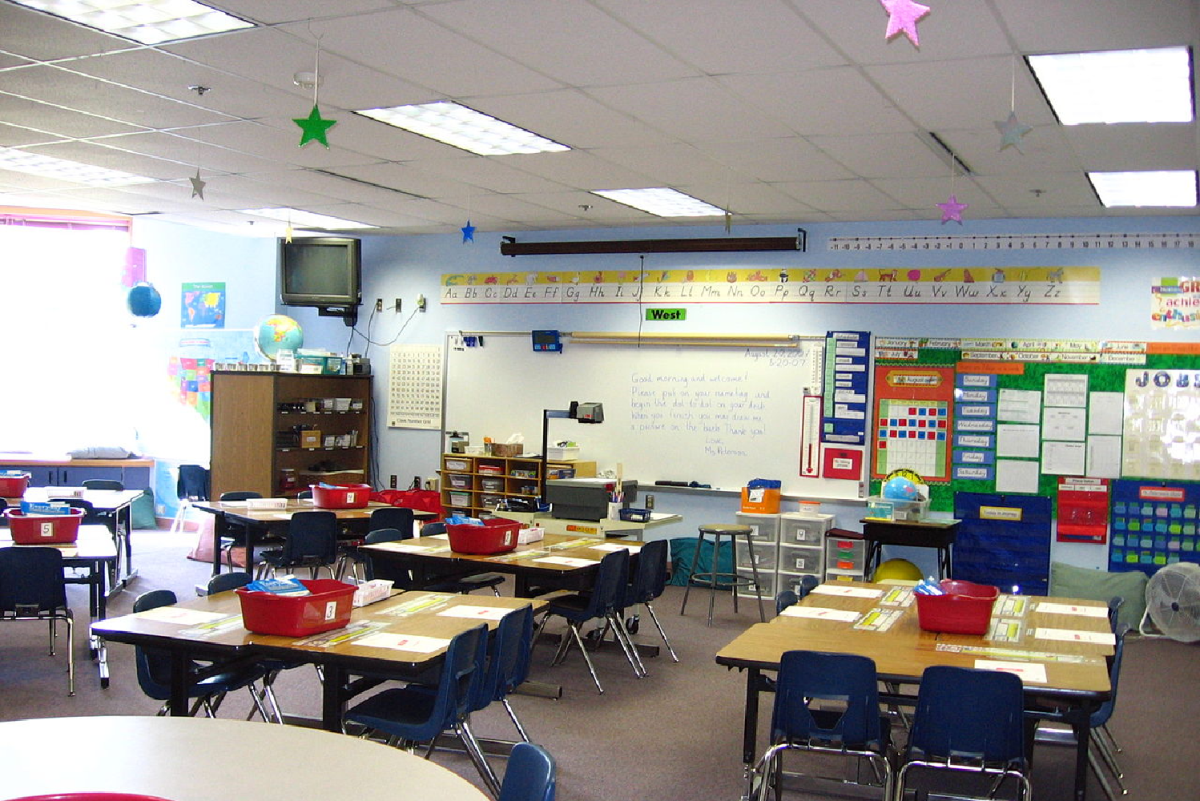Silence. It is hushed except for the hum of the coffee machine behind the counter and the soft tap of fingers on the keys of a computer. Among the noisy chaos, many individuals find peace with seasonal flavors in the air and a comforting cafe.
“Cafes are suitable places for students to work as they are typically quieter environments and comfortable, casual areas where people can work,” said Sophia Shen, a junior at Carlmont.
Coffee shops have become sanctuaries of comfort for many. The serene environment in coffee shops allows people to interact and relax, encouraging productivity.
“Coffee shops have a lot to offer,” said Hidi Tabch, a worker at Peet’s Coffee. “For example, quality coffee can be found in coffee shops. The layout of the store and the outside patios can also provide a better meeting spot for many customers.”
Several factors influence an environment’s productivity. Background noise, resources, and design are some factors that can affect this. For example, the color green in a workspace communicates freshness and growth, something that can help the mind when working.
“There is an element of comfortability that impacts your learning process,” said Marcus Beltramo, a psychology teacher at Carlmont. “If you can find an environment that is comfortable for you, whether it’s a cafe or a coffee shop, it can help extend your focus and help you stay productive for a prolonged period.”
According to Rzero, 85% of office professionals believe flexible workplace design is important, and 83% believe they have their best ideas when working in flexible spaces. This can be harder in other work environments, such as at home, where a flexible workspace is only sometimes present.
“I feel more focused in coffee shops,” Shen said. “As a person who works in the library most of the time, the library can be extensive and often noisy. It is much easier to focus on work in a small, cozy, quiet cafe.”
Coffee shops have been an enormous success commercially as well. In 2023 alone, Starbucks had a total revenue of $29.46 billion. As coffee shops grow, more of these working environments and community spaces will be more available.
“Coffee shops and cafes allow people to connect often,” Tabch said. “For example, friends can meet in coffee shops and collaborate. Regular customers often connect with people in the shops, which can be a second home for many.”
Ultimately, coffee shops have become community centers and spaces of collaboration amongst customers and students, with the environment fostering collaboration and unity.
“Cafes are casual places where people can study and get quick bites or drinks without having an entire meal, which I believe is convenient and enjoyable. I think cafes are great community spaces,” Shen said.












